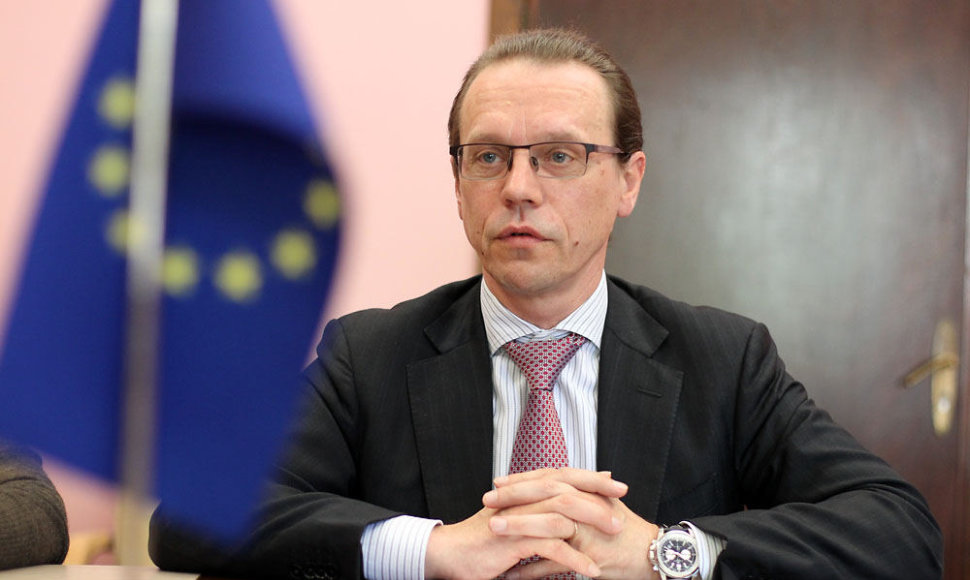Introducing the proposal, one of its initiators, Lithuanian Commissioner Algirdas Šemeta said on Wednesday that the European Public Prosecutor's Office will protect the EU budget from criminal acts.
"It will be entirely independent," he told a press conference, adding that it didn't mean it would not be accountable to anyone.
Under the proposal, national courts will review decisions of the European Public Prosecutor's Office and national courts will also hear appeals against decisions of the European Public Prosecutor's Office.
A college of ten bringing together the European Public Prosecutor, the 4 deputies and 5 delegated prosecutors will ensure a seamless integration between the EU and the national level, notably by agreeing on general rules on the allocation of cases.
According to Šemeta, the European Public Prosecutor’s Office will have a decentralized structure, integrated into national judicial systems. Delegated European Prosecutors will carry out the investigations and prosecutions in the respective member state, using national staff and applying national law. Their actions will be coordinated by the European Public Prosecutor.
The fact that delegated prosecutors will be well-acquainted with their national legal systems will be the institution's advantage, Šemeta said.
"It means they will be able to give instructions to national law enforcers without cultural misunderstandings or communication problems," he said.
The European Public Prosecutor's Office will make sure that every case involving suspected fraud against the EU budget is followed up and completed, so that criminals know they will be prosecuted and brought to justice. This will have a strong deterrent effect.
Under the EU Treaties, Denmark will not participate in the European Public Prosecutor's Office. The United Kingdom and Ireland will not participate either unless they voluntarily and explicitly decide to do so.
The European Public Prosecutor's Office should start operating in 2015.
The proposed regulation now needs to be unanimously adopted by member states in the Council, after obtaining the consent of the European Parliament. If unanimity cannot be reached in the Council, the Treaties foresee that a group of at least nine Member States may enter into an enhanced cooperation.












